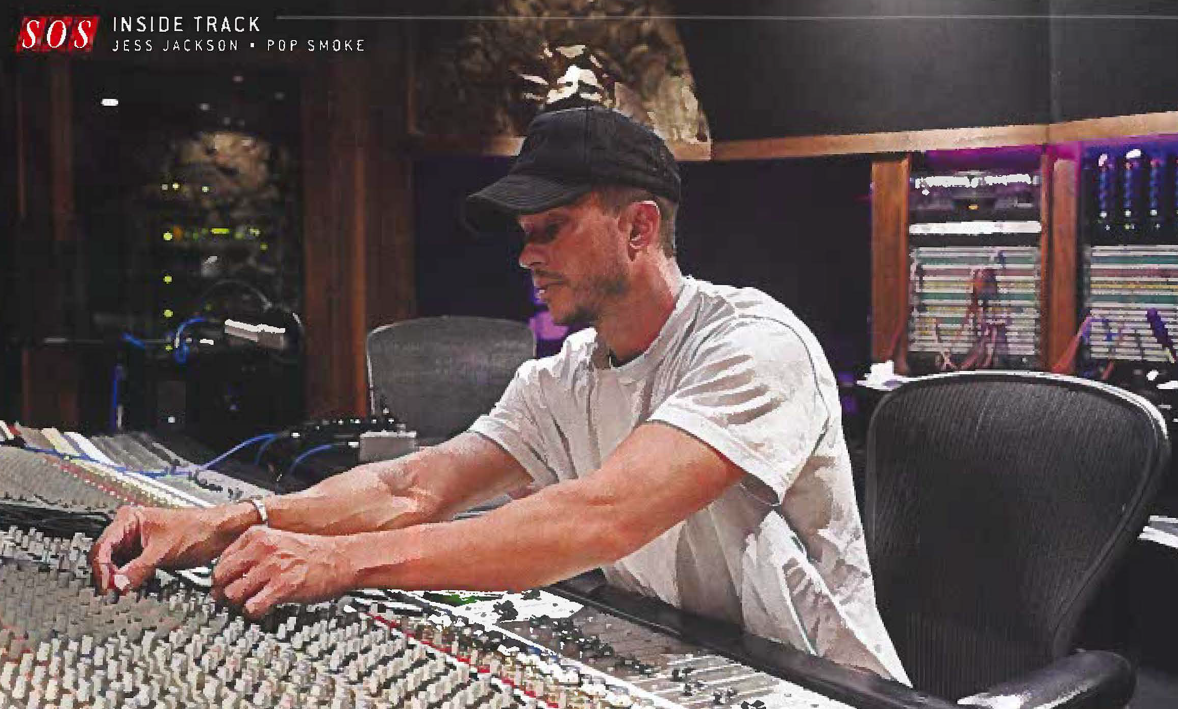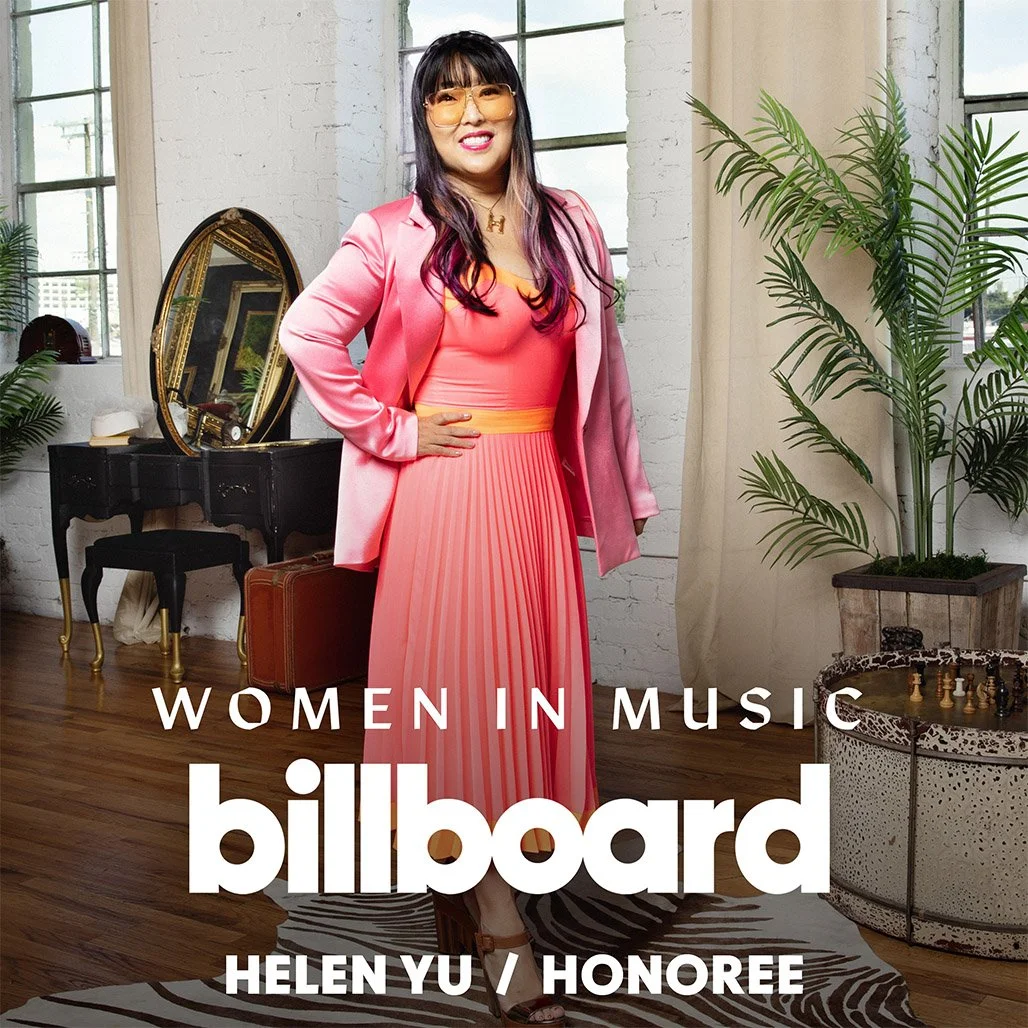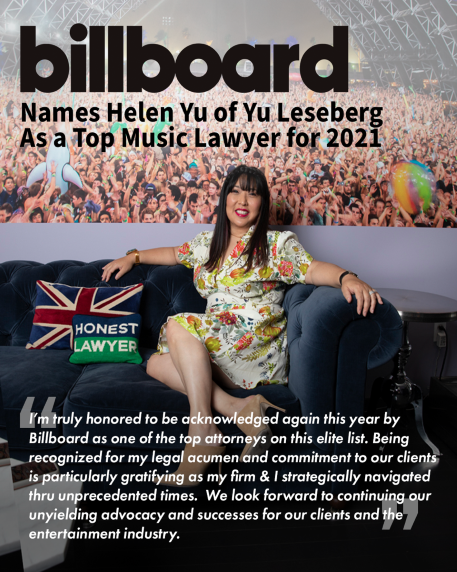Even six hours before showtime, the areas surrounding the HP Pavilion begin to vibrate, looking more like Times Square approaching New Year's Eve than parking lots in a nondescript corner of San Jose, Calfornia. The reason? The Black Eyed Peas are in town, and for their millions of fans, that's cause to celebrate the new millennium all over again.
Uniting the worlds of hip-hop, dance pop, and R&B, the Black Eyed Peas won worldwide success and multiple Grammys with their latest album, The E.N.D. (short for The Energy Never Dies). Hits from that album, including the starkly grooving "Boom Boom Pow" and the David Guetta-produced party anthem "I Gotta Feeling," have become ubiquitous pillars of pop. Take it from us: Keyboards are the fuel that drives this sonic party.
Handling the group's synth riffs and floor-shaking analog funk bass is Printz Board, the Peas' polymath keyboard mastermind. Also trumpeter, bassist, songwriter, producer, and musical director for the group, Printz pushes a heavy burden playing for each sold-out crowd, but does it with grace and groove, maintaining a mischievous smile and wicked sense of humor throughout. Most recently, he scored production and writing credits for the Peas' "Missing You," which features tastefully dirty synth figures underlying will.i.am's rap. We caught up with Printz on two separate occasions to discuss how he makes the Peas pop.
You do an awful lot when you're playing the live show. How does your head not explode?
Oh, it does explode. I just catch the pieces and put it back together. It's a tough one, especially with four musicians, four in the front, six dancers, a team of lighting, a team of sound, a team of production, it's a little difficult, so is trying to be creative and have fun at the same time. It's not easy, but I hold it together. I've been doing it for years.
How does the show change from night to night?
That's something I pride myself on, changing up the vibe. It starts and ends the same, usually, but in the middle of it, it can be your own personal gumbo. Well, if you're playing in C minor, don't play an F sharp, but everybody's got their ground base. If the drummer feels like, "Oh, I'll try a fill here," he'll do it. But nobody overfills. We give each other room and admire each other's stuff. It's pretty cool.
On "Let's Get It Started," there were some hot, syncopated hits that are definitely not on the recorded version.
Sometimes we'll improvise something and realize, "Yeah, we like that!" So we'll do it again and it sticks. Me and [Peas drummer] Keith Harris, we have this innate thing where, if he does something cool, we'll do it together on the next bar. Some of it I do for TV shows, if we do a Latin show, for example, I'll throw in a Latin flavor. And if we like it, whatever it is, we'll keep it in future performances. We want people to come to the show and not see the same thing every night, not hear the same thing that's on the records. We want them to think, "Well, the record is a great experience, and so is the live show. Crazy."
How much of your music is written out?
Nothing. We freestyle it every day. For this last show, we did a freestyle jam in the middle of the set, I don't know if you caught it, before "Pump It." It was five minutes long. We just made it up. That's just how we are. will.i.am will just do two fist pumps and we have a new groove in the middle of a song! We know each other that well. I feel like Keith Harris is my brother and [Peas guitarist] George Pajon is my brother. We just look at each other and are like, "Okay, we're going to do that? Alright." Maybe we have our go-to licks, all I know is that we make it up and it works. We came from a real earthy, hip-hop base but now we're more in the pop and electro vein. But we still keep it real by doing those improvised hits and syncopations. The crowd loves it. They get off on it.
As musical director, how do you steer things on the fly?
I have a microphone in my keyboard rig. If I hit a certain foot pedal, the mic will go directly to the in-ear monitors of the band and/or the in-ears of the monitor man. If I want to say something to Fergie, I hit the pedal, tell the monitor man to put me in Fergie's ears, then it'll go directly to her. No one else will be able to hear it.
What sort of things would you need to say mid-concert?
Hypothetically, if, say, the backing track crashes and it's just going to be the live band, if she hears something change and she doesn't know what's going on, it's going to affect her performance, so I can say, "Hey Ferg, backing tracks went down," or "Ferg, Ludacris isn't coming out on "Glamorous" today because he's sick." I also have a small TV so I can see what's going on in the house. I can change my point of view to see the stage door, side view, or whatever else I need to see.
How has your rig changed through the years with the Black Eyed Peas?
For the first album, it was all Rhodes, Clavinet, and a Moog. And through time, I dropped a few of those things, but kept the Rhodes through this newest album. We don't have any Rhodes currently, so I switched to more of a digital rig, but still keep it true to the old school. I have a Roland Juno-G, a Yamaha Motif, a Moog Little Phatty... I still use the Moog!... then I have the Novation X-Station. That covers it all. The Juno-G has some of those Yamaha Motif and Korg Triton-like sounds. If I need some basic string patches, I can get them from there, but it still has some fresher sounds, the "now" sounds. That's pretty much my rig for now. I have a Fender Precision Bass and my trumpet as well.
How much of any given Black Eyed Peas show is playback?
There's some playback. If there's five keyboard parts . . . I can't do that. [Laughs.] Tim Izo plays a keyboard attached to an Akai MPC, which has internal sounds, so he can play a string patch on that. George has a MIDI-trigger guitar, so he can play keyboard patches as well. Most of the time we don't need backing tracks. But in the case where there's five or more parts, and if there's some weird freaky vocal thing that will.i.am or I did on the record, we need that on the track. That's a little hard to recreate live.
How does the playback work for the Black Eyed Peas live?
We use MOTU Digital Performer. We have an A-rig and a B-rig running, so if one crashes, it automatically switches over to the other.
How often do you switch up your rig?
Per album. I go through things and see what works. With this album, I had my Access Virus Polar TI in the mix, which I use all the time at home. But it just wasn't practical to bring on the road. I did "Missing You" and "Out of My Head" with the Virus, but I can get that stuff out of the X-Station and Juno-G now. I don't really need to bring that out with me, so it's my baby at home.
Is it important for you to always have the newest sounds?
For us, we seem to be on the front edge, so in that respect, yes, we need to be playing the freshest sounds. But that's not what I'm thinking about. I'm thinking, what sounds good? What haven't I heard? How can I flip this so people's ears will be like, "Whoa, what is that?" That could be a Moog Source from way back when and nobody's heard it in 30 years. That's cool and it's fresh.
BEYOND THE BLACK EYED PEAS
Though the Peas keep him busy on the road and in the studio, Printz also runs his own record label, Beets & Produce, Inc., through which he's signed artist Rebekah White, producer Sleep Deez, and songwriter Mike Hamilton, among others. Printz's additional production, keyboard, and writing credits include Natasha Bedingfield, Keke Palmer, Warren G., Sheryl Crow, Nikka Costa, and the Backstreet Boys. What about the rest of his spare time? He recently helped launch a joint clothing line called "Printzables of Life." For more, visit beetsandproduce.com.
TOURING The E.N.D.
As of this writing, Printz Board and the Black Eyed Peas are deep into an epic worldwide stadium tour to promote their latest album, The E.N.D... the Energy Never Dies. To see them onstage is to be compelled to agree.
Complete with a troupe of dancers, multiple costume changes, and production values to match any Broadway show, the Peas know how to bring the party to a new city each night. As always, overseeing the musical aspects of the show--equal parts conductor and spaceship captain--is Printz. Here's the scoop on the gear, sounds, and techniques he uses to bring The E.N.D. to life.
Yamaha Motif XS6. I start the show on the Motif. I use the "Trance Melody" patch on that because it's fierce in the crowd.
Novation X-Station. This one is fierce as well. I use it sparingly, but I love it. At the top of the show, when the announcer on playback says, "activate keyboard," I use this patch called "Start To Decay." I let that ring out and when the playback says, "compress," I let it go.
Trumpet. I play trumpet on "Pump It" and "My Humps."
Roland Juno-G. I use the Juno-G for so much stuff... the beginning strings in "Meet Me Halfway," and I love using the strings for "Glamorous." I'll use it also for the piano in "Alive." Even for "Don't Phunk With My Heart," I have it set up for some splits... organ and Clav. Then, I use it for bass on "Missing You."
Roland AX-Synth. I use a Roland AX-Synth when we're performing "Out of My Head." I run it through MIDI to a Korg MS2000 and it triggers those sounds as well.
Moog Little Phatty. I love Moog to death. This is my newest Moog, and I probably have every other one they've ever made. I use it for most of the bass stuff, like "Let's Get It Started." For most of my playing, I like the stock sounds. I don't change it much until it's within a song. Mostly, I use the "13 Solid 1" bass patch on the Little Phatty. It's got the most punch and drive and it just pushes air nice and tight. On "Rockin' To the Beat," I'll hit the cutoff [slowly turns filter cutoff knob to make the tone more cutting as he plays]. I'll make the envelope open up and give it that funkiness over the course of a melodic line. I love doing that.
Sound effects on the Little Phatty. I use it for a lot of subby sounds and play a lot of drops [plays a descending glissando that ends near the bottom of the keyboard]. It'll just rumble the house when it gets to the bottom. I also do a heartbeat effect in "Boom Boom Pow." It thunders into the crowd. I just love it.
Sustain pedals. I have an interesting modification: one pedal that sustains both the Motif and Juno-G. If I'm playing them at the same time, I'm layering sounds that should be sustained together, and if I'm not layering, it just sustains whichever one I'm playing. I was getting confused... this pedal's here, that pedal's there, what am I doing? So [offstage tech] Eric Harris figured out a way to make one pedal work for both, which is great. [Editor's note: Anyone can now do the same thing, thanks to a startup company that is making a dual-wire sustain pedal. Check it out at www.dssp-pedal.com.]
Rack gear. I have a Markbass amp I like to go through because it's solid-state and helps the bass, or whatever's coming through, come through solid. There's no warm-up... it doesn't go through a tube and do that wuh-wuh kind of sound. Eric Harris put in this Behringer Eurorack mixer, and it's done wonders. I can pan my different keyboards and change the EQ per instrument.









































